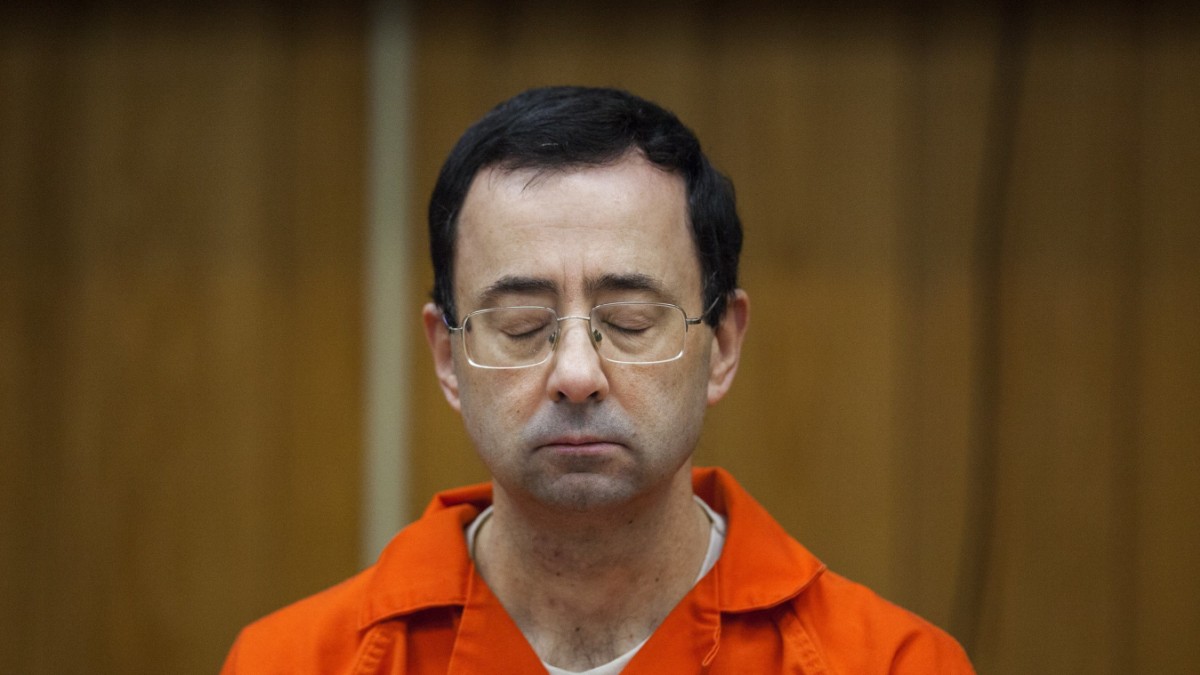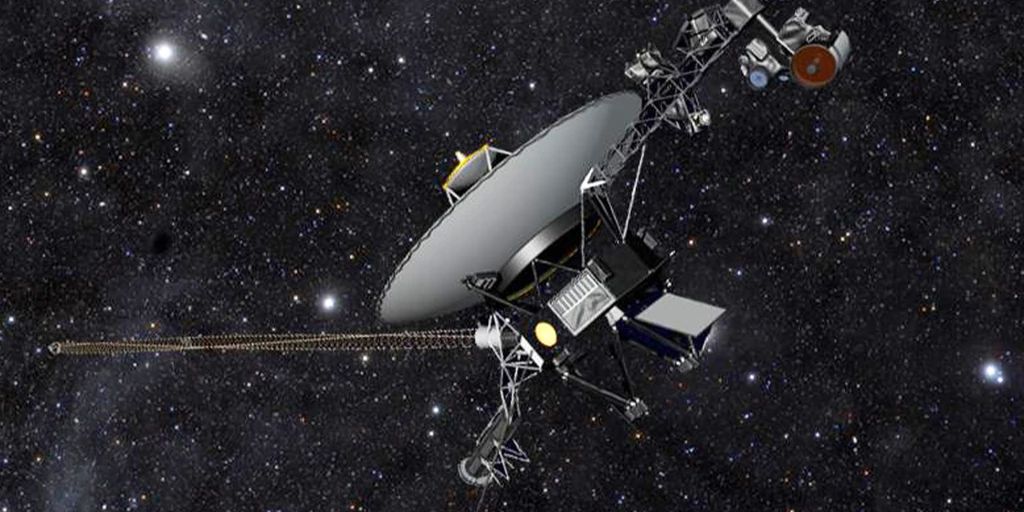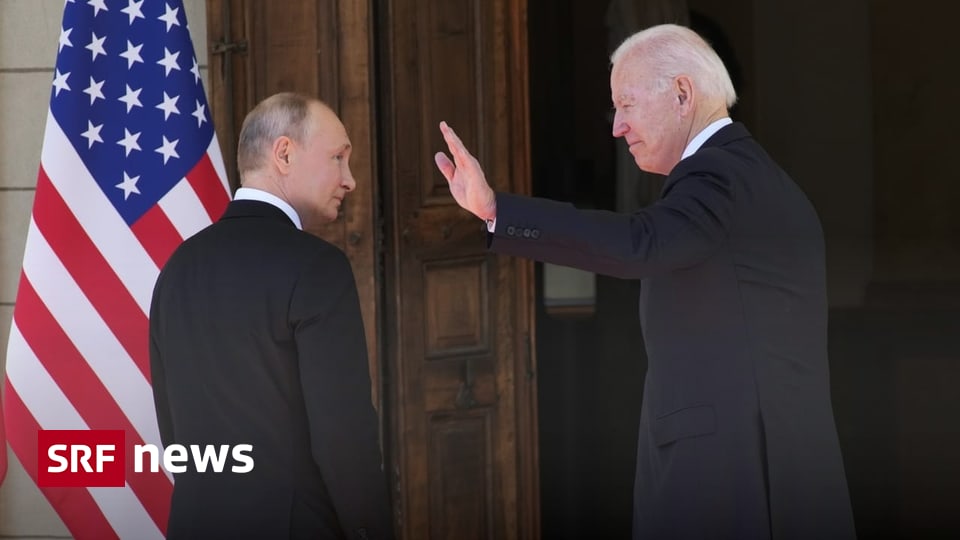On January 10, representatives of the United States and Russia plan to meet in Geneva for talks. Talks between NATO and Russia are scheduled for two days. It concerns the tense situation throughout Ukraine. Russia gathered its soldiers near the border. The United States believes that an invasion is possible. Freddy Gesteiger, SRF’s diplomatic correspondent, has little hope that the two sides will agree on something.
SRF News: How high are expectations for talks?
Freddy Gesteiger: Honestly, it’s not high at all. The positions are very far apart. It is definitely a good thing for the two superpowers to talk to each other. But: Since the Biden-Putin summit in Geneva, they’ve done it twice already, without any great results. You can always say, “It’s better to talk than to shoot.” And in conversations, there is always at least a chance to gain time and maybe even get close.
The West has nothing to offer that would be attractive enough for Russia to make way for it.
But the main problem is that Russia is demanding Ukraine as much as possible. Demands that the West and the United States cannot meet. At the same time, the West has nothing to offer that would be attractive enough for Russia to capitulate. Moscow also knows that threats of sanctions may sound harsh verbally, but massive restrictions cannot be expected.
In what areas can progress be made?
In the central conflict zone of Ukraine, nothing is possible – rather in secondary scenes, at least for the time being, for example in arms control and disarmament. There could be discussions about extending the New Beginning Long-Range Nuclear Forces Agreement, salvaging the INF Intermediate-Range Agreement, or reactivating the Open Skies Agreement that allows for mutual overflights.
The question, however, is whether Moscow is willing to talk about it at all, or whether it insists on going ahead with its demands regarding Ukraine’s and NATO’s eastward expansion.
Is there not an agreement between the United States and Russia?
One of Russia’s main demands, that Ukraine never become a member of NATO, cannot be accepted by the West for reasons of principle. Thus, Western Ukraine denies its sovereignty. Then the country will not have the option of freely choosing its alliance. The second problem is the stationing of NATO forces and weapons in Eastern Europe.
If Russia had a say, it would create a two-class society within NATO.
If a word is given to Russia, whether arms and troops are stationed in Poland, the Baltic states, or Romania, it will create a two-tier NATO society composed of better and less defensive nations. This is also an unacceptable demand from the West.
Can the situation on the Ukrainian border improve as a result of the talks in Geneva and in the NATO-Russia Council?
maybe yes. But this is more than a theoretical possibility. Sometimes you actually encounter your own dynamics in diplomatic discussions. You suddenly find common ground. In this case it is very unlikely because the trenches are too deep. That is why there is a fear in the West that Russia has already taken into account the failure of the talks, and if they fail, it feels free, so to speak, to invade Ukraine – on the grounds that negotiations have taken place and this has brought nothing.
Interviewed by Vera Derajis.

“Typical entrepreneur. Lifelong beer expert. Hipster-friendly internet buff. Analyst. Social media enthusiast.”





More Stories
Extreme heat warning in Thailand and the Philippines
Argentine President Miley announces a budget surplus – News
Mayor of a French city salutes Hitler – an “unfortunate gesture”